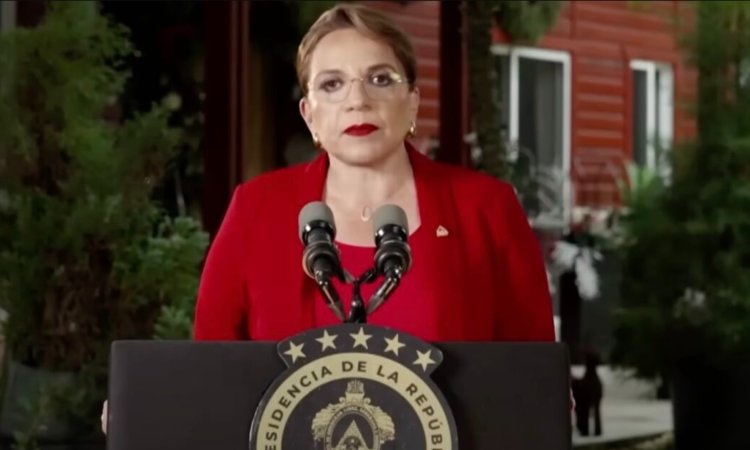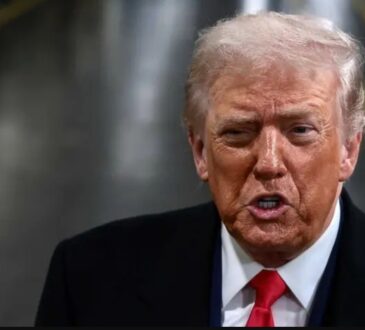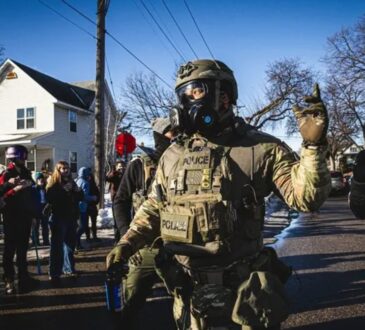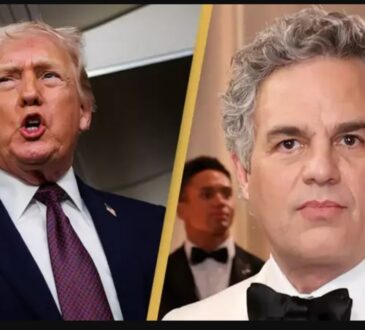Honduras President Warns of U.S. Military Base Shutdown in Response to Trump’s Deportation Plan

Honduran President Xiomara Castro has warned that she may end military cooperation with the United States if President-elect Donald Trump follows through on his plan to deport large numbers of illegal immigrants, including many from Honduras. This threat highlights the ongoing tension between the two nations, particularly over immigration policies.
Castro’s criticism comes as Trump prepares to implement a mass deportation plan aimed at removing individuals living in the U.S. illegally, with a focus on those with criminal records. Trump’s team, led by Tom Homan, his newly appointed “border czar,” argues that these deportations will improve public safety and reduce crime by prioritizing individuals considered threats to national security.
In response, Castro issued a strong statement on New Year’s Day, saying that Honduras might rethink its policies on cooperating with the U.S., especially in military matters. She pointed out that the U.S. has maintained military bases in Honduras for decades without direct costs, including the Soto Cano Air Base, which hosts U.S. troops as part of Joint Task Force-Bravo under the U.S. Southern Command.
Castro stated, “If the U.S. proceeds with mass deportations, especially of our citizens who contribute significantly to their economy, we would have to consider the continued presence of their military bases here, which would lose their purpose in Honduras.”
The Soto Cano Air Base, also known as Palmerola Air Base, is a Honduran military installation where U.S. forces are stationed under a bilateral agreement. The base supports humanitarian missions, disaster relief, counter-narcotics operations, and regional security efforts. While it is a Honduran-owned facility, it plays a key role in U.S. military operations in Central America, with 500 to 1,500 U.S. personnel working there alongside members of the Honduran Air Force.
Castro expressed hope for constructive dialogue with the incoming U.S. administration, saying, “We trust that President Donald Trump will be open to friendly and productive discussions and avoid unnecessary actions that harm our migrants, who play a vital role in the U.S. economy.”
The situation underscores the complex relationship between the U.S. and Honduras, with immigration and security cooperation at the center of the debate. Castro’s stance reflects her concern for Honduran migrants while raising questions about the future of military ties between the two countries.




